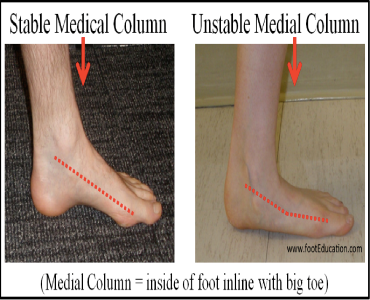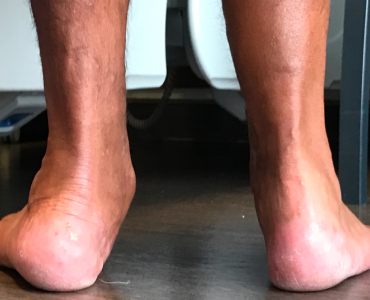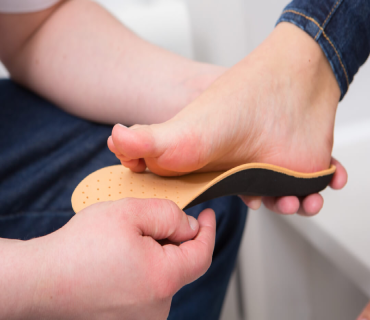GET APPOINTMENT
Schedule Appointment : Your Path to Specialized Care
Get rid of your pain, stress, and enduring with our 24/7 dental services. It's a priority to relieve the pain in surgeon as much as possible. 90% of customers claim that they would come back & recommend us to others.



